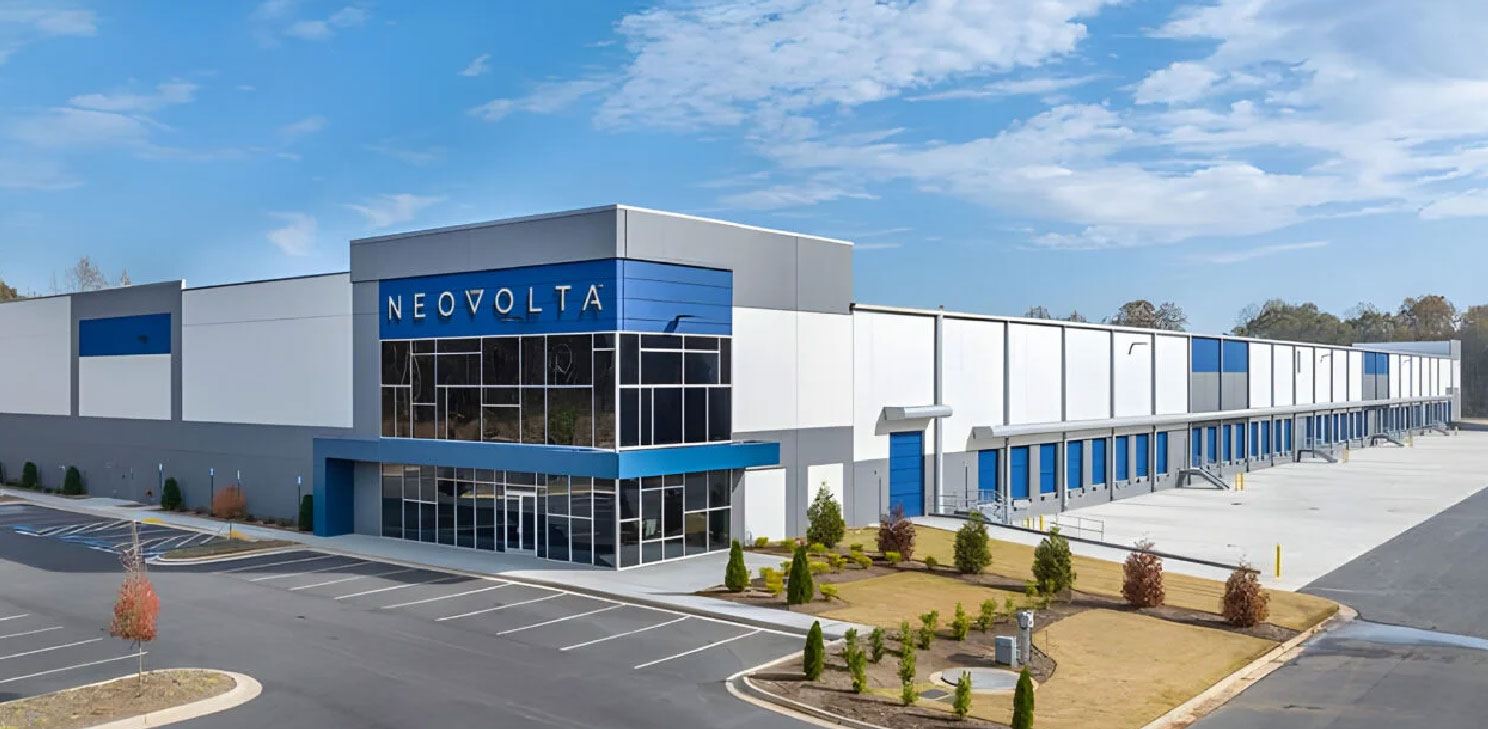The pressure on heavy industries to meet decarbonization goals is increasing and electric powertrains are more efficient, require less maintenance, and produce zero emissions when in use. There are a few suitable low-carbon alternatives for off-highway equipment, the use of battery power, the use of hydrogen fuel cells or a hydrogen internal combustion engine. To meet the requirements of round-the-clock, high-energy usage in difficult environments, hydrogen internal combustion engines (H2-ICE) offer the most suitable electrification solution.
Battery-powered electrification is suitable for low-demand machines but as off-highway vehicles become larger, are used for longer and have higher demands the use of batteries becomes increasingly non-viable. Battery power may not be carbon neutral depending on how the charging infrastructure is powered, requires long charging times and becomes progressively heavier and more expensive as battery power is increased to match demand. A mobile and fast replenishment fuel is required for higher-demand applications and hydrogen offers a sustainable, zero-emissions solution.
Fuel cell electric vehicles (FCEVs) use a hydrogen fuel cell to power an electric motor. Instead of storing energy in a battery, FCEVs store hydrogen gas in tanks and convert the gas into electricity using a fuel cell and a smaller battery for energy recovery and acceleration support. Hydrogen fuel cells also offer a carbon-neutral, zero-emissions alternative with fast refuelling capabilities but when compared to H2-ICEs they have higher capex as they necessitate the purchase of H2 storage and batteries and occupy more space in a vehicle where capacity may already be severely limited due to prioritising efficiency and function. Additionally, they have a shorter service life, may require an overhaul of the fuel cell stack, and contain complex technology that is susceptible to contamination and has a low tolerance for arduous operating environments.
Hydrogen internal combustion engines work in the same way as conventional combustion engines, burning fuel to generate heat and mechanical energy but with a 99%+ reduction in carbon emissions as compared to a diesel engine. A major benefit of H2-ICEs is that they are built on a familiar architecture and can be installed in the same equipment as a diesel engine while also using the same transmission, cooling systems and hydraulic systems. Maintenance practices and costs are also comparable to diesel engines with the only major difference being the need for an on-board hydrogen storage system. H2-ICEs are a better fit for off-highway vehicles as they can operate in difficult environments with elevated levels of dust in the air, greater vibrations and extreme ambient temperatures.
Fueling infrastructure is a critical element for off-highway applications. Hydrogen is well suited for easy distribution because it can be transported to the required location in the same way diesel fuel is today, existing natural gas infrastructure can be converted to transport hydrogen at a low cost. Hydrogen has the added flexibility of local on-site production using an electrolyzer with renewable energy. Compared to FCEVs that require high-quality hydrogen but release zero emissions at all except water, H2-ICEs release near zero, trace amounts of CO2 from ambient air and lubrication oil and can produce nitrogen oxides (NOx) so requiring exhaust aftertreatments to reduce NOx emissions.
SinoHytec, an exhibitor at the upcoming Innovatrix DZOMUSA EXPO in Chicago this year, is a national-level high-tech company that focuses on the R&D and commercialization of hydrogen fuel cells. They offer hydrogen fuel cell engines that can be used in heavy-duty vehicles thanks to their 800W/kg maximum power density, -35℃ low-temperature start-up and a -40℃ cold resistance storage temperature. They have also developed compact, smaller electrolyzers that are efficient due to the high output pressure. With a response time of within a few seconds, the PEM electrolyzer accommodates the fluctuation of renewable energy power generation and can transform electricity to hydrogen to the largest extent. SinoHytec offers solutions for off-highway vehicles with hydrogen fuel cell-powered engines and can produce on-site hydrogen to power vehicles with hydrogen internal combustion engines.
In conclusion, the development of hydrogen fuel cells supports that of H2-ICEs as both drive the development of a common hydrogen production, transportation, and distribution infrastructure. They are complementary technologies that are part of reducing vehicle and transportation emissions towards destination zero and so are both preferred alternatives to the polluting, non-renewable fossil fuel use that still powers many off-highway vehicles. To meet SinoHytec as well as other exhibitors innovating for hydrogen-powered off-highway vehicles, hear from industry leaders and network with peers, attend the DZOM EXPO, taking place at the Donald E. Stephens Convention Centre in Chicago, IL, on December 3–4, 2024.
For more information, visit our website or email us at info@innovatrix.eu for the event agenda.















